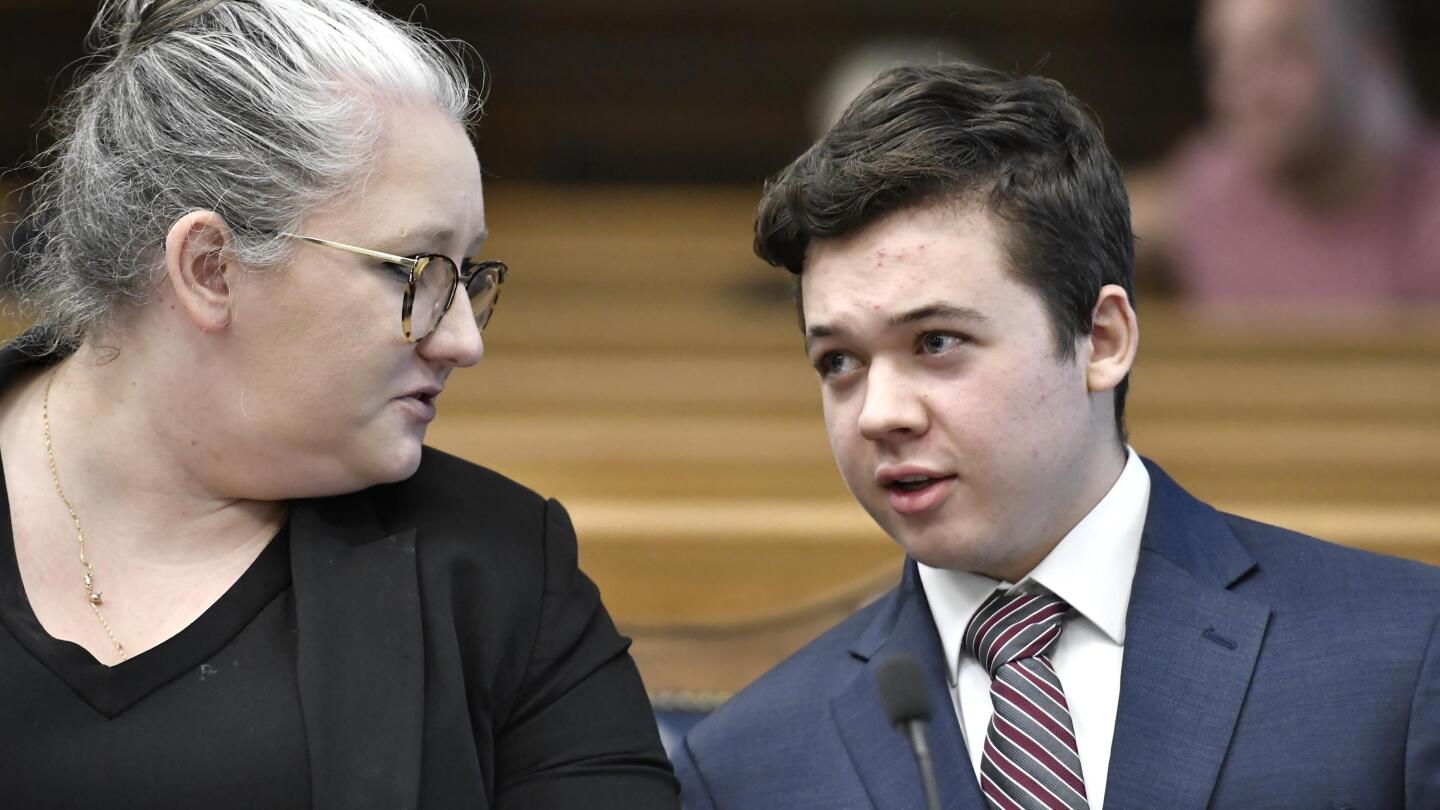In Tense Hearing, Kyle Rittenhouse Defense Convinces Judge to Throw Out Significant Portions of the Goverment’s Case
Rittenhouse’s attorneys have admitted their client pulled the trigger; the teen killed two and injuring one. His attorneys claim their client
acted in self-defense. Therefore, the legal case is shaping up to focus on whether Rittenhouse was justified in “terminating” what he “reasonably believe[d] to be an unlawful interference with his . . . person.” That standard requires a probing and focused look at whether Rittenhouse’s thinking in the moment. Prosecutors are legally able to argue that Rittenhouse wasn’t acting reasonably. They could also counter that Wisconsin law did not allow Rittenhouse to engage in “unlawful conduct of a type
likely to provoke others to attack him.”
Judge Schroeder told prosecutors that if they were able to offer evidence showing Rittenhouse had a “consistent motive” to attack people on the street (or something similar) then such evidence would be allowed. However, Rittenhouse’s interjection on behalf of his sister in an unrelated dispute in another place at another time simply suggested a “propensity” towards violence on the part of the defendant. And
character evidence is generally inadmissible as a rationale to prove conduct. Prosecutors can use, however,
a defendant’s conduct to prove “motive, opportunity, intent, preparation, plan, knowledge, identity, or absence of mistake or accident.” The law draws a fine line between character evidence intending to prove conduct and evidence of conduct as proof that subsequent conduct also occurred.
“This is an unusual homicide case,” Binger insisted. “This isn’t a whodunnit. The issues isn’t whether he killed someone.”
Rather, the government attorney said, evidence of the attack on the woman who was engaged in a dispute with Rittenhouse’s sister illustrates the defendant’s state of mind. It “illuminates the truth” for the jury because it shows that Rittenhouse is someone who frequently gets involved in issues that don’t concern him and about which he knows few facts and details, prosecutors said. That incident, they argued, also speaks to Rittenhouse’s “concept of self-defense.”
[clip]
The government also lost two motions to compel the defendant to produce the names of donors to two separate foundations set up for Rittenhouse’s legal defense — one of which involved attorney L. Lin Wood. But in each case, the judge said he was open to issuing a direct subpoena.

what do the donors of Rittenhouse have to do with the his self defense, except top otherwise put a chill on donations from people who do not want to be doxxed and harassed by Authoritarian Leftists and AntiFA types


